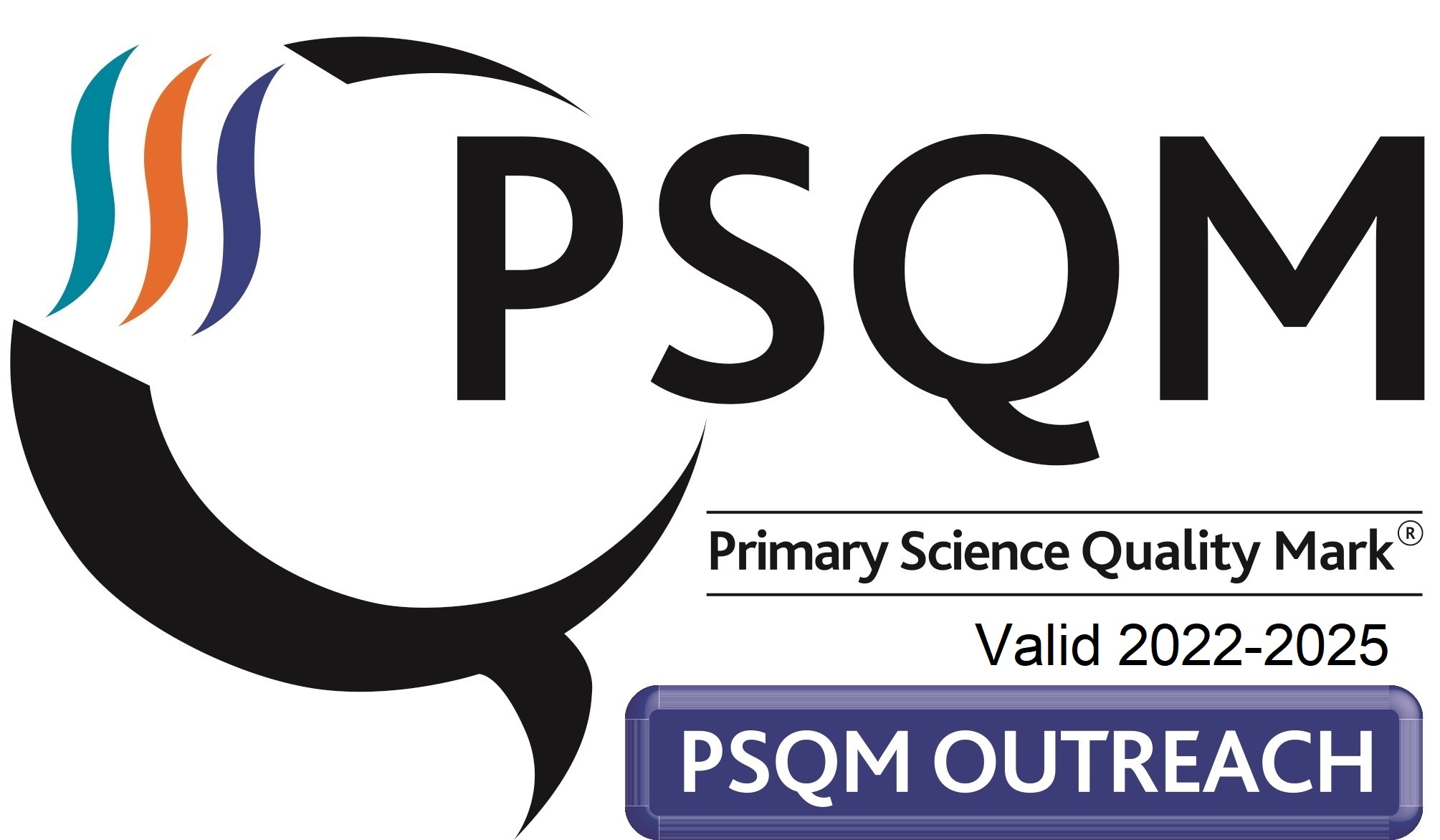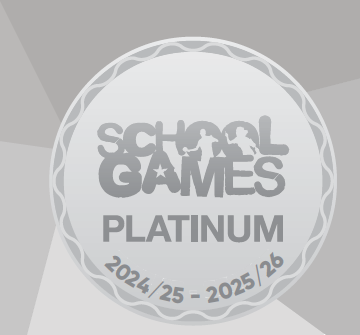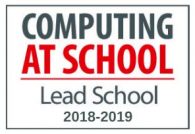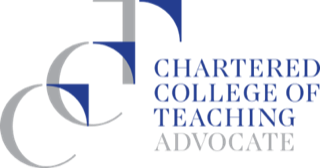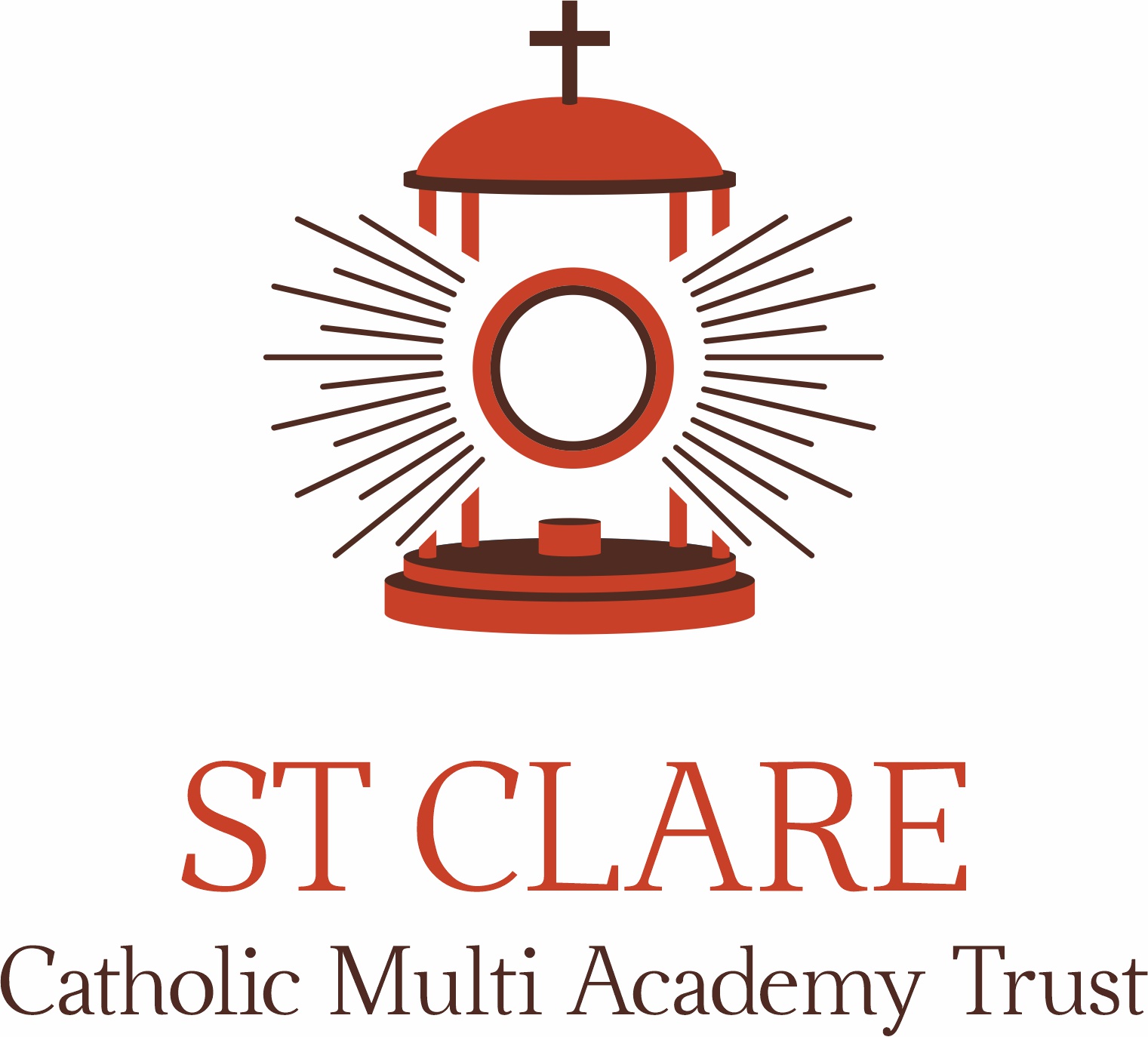Our Vision – Every Child Matters
St Wilfrid’s is a wonderful, inclusive Catholic school where “Everybody Matters”. Children at St Wilfrid’s grow, flourish and learn in a supportive, nurturing community, where all members of staff, parents and carers, pupils and governors play a full part in the development of every child.
Our Vision in our Reception year challenges children to become independent, motivated learners who are full of curiosity about the world around them. Within our fun, happy, safe and secure environment. Our children experience consistent teaching, engaging hands-on learning and a child-centred curriculum that ensures the consistent development of skills across all areas of learning. Children are encouraged to explore, take risks, and form positive relationships with their peers in a setting that celebrates the uniqueness of every child.
Rules and Routines
Teaching and support staff are responsible for setting the tone and context for positive behaviour within the classroom. We use routines and systems throughout school to reinforce and encourage appropriate behaviour – we praise the behaviour we want to see.
We have specific praise for faith, aspiration (we recognise and reward learners who go ‘over and above’), effort and respect.
Our Rules
We have 3 school rules. These are the rules on which everyone agrees – all staff have the responsibility to apply these rules in a fair, impartial and consistent manner.
Ready: We do as we are asked the first time and we show that we are ready to learn
Respectful: We show respect to others and our environment.
Safe: We use kind hands and words and we know how to keep ourselves and other safe.
We have class reward time, recognition board and ‘Star of the Day’ where we celebrate every child’s achievements.
A Day in Reception
All children enter the setting through the outdoor area, then hang up their own belongings in the cloakroom and change into their slippers.
You will be greeted by a member of our reception team who will ask your child what they would like for lunch. Please have a look at the menu on the website so you can talk to your child about the different options. We will also send a paper copy out every term. A member of the team will show your child the menu every morning and encourage them to say what they would like. We know that there are children who have special dietary requirements, for example they may eat fish but not meat. We rely on parents letting us know about these preferences, and also about any food allergies, so that we can make sure they do not eat anything inappropriate!
We start the day with the days of the week and months of the year songs along with our daily prayer. We also discuss the timetable using our visual timetable. We then have a phonics session, snacktime and a maths session. We encourage the children top bring in a healthy snack for snacktime but we also provide fruit which varies everyday. The children also have play throughout the morning. Milk is also free for all children under 5 anad available should they wish to have it. A water bottle needs to be brought in everyday.
The afternoons are based around topic, RE and our Super 6 books and songs. We have a daily storytime. We also take part in a PE lesson once a week with the SportsEds team.
The Early Years Foundation Stage Curriculum
Children's learning is largely play-based using high quality, age appropriate resources. Children are supported to join in both child-initiated and adult led activities
The Early Years curriculum is taken from the ‘Statutory Framework for the Early Years Foundation Stage’ document, provided by the government. The Early Years Foundation Stage identifies three Characteristics of Effective Teaching and Learning. These characteristics encompass children from birth to the end of the Reception year and children will demonstrate them in different ways depending on the developmental level of the child:
Our Reception class follow the EYFS curriculum, which has seven main areas of learning.
Our core values of Respect, Aspiration, Effort and Faith begin in EYFS. Our well planned topics have the flexibility to enable child initiated learning and the stimulating environments, both indoor and outdoor, provide rich and varied experiences. As a result, children grow into inquisitive learners with transferable, personal skills, such as empathy and independence.
Prime Areas
Personal, Social and Emotional Development
This relates to developing confidence and independence, building positive relationships with others and developing good social skills.
Physical Development
This relates to improving control and co-ordination in gross motor and fine motor skills. This will be through using bikes and scooters and climbing apparatus outside and taking part in a range of mark making opportunities. This area also focuses on developing every child’s self-help skills.
Communication and Language
This covers communication with one another and developing skills in speaking and listening in a range of situations. We also have Super 6 books and songs which exposes your child to a range of vocabulary. We use these songs and books every day and encourage the children to use the key words throughout their play.
Specific Areas
Literacy
This covers reading and writing. Children will have opportunities to share stories, poems and information books, enjoy role play and use puppets and masks. We encourage their emergent writing and provide lots of opportunities for writing as part of our planned play. We will often link our writing to our topic or our Super 6 books which we change every half term. We use Drawing Club as part of our Literacy, through imaginative drawing, children will develop their writing skills, expand their vocabulary and build confidence in expressing their ideas.
Phonics
Children who read regularly or are read to regularly have the opportunity to open the doors to so many different worlds! More importantly, reading will give your child the tools to become independent life-long learners. We can achieve this together through Read, Write Inc - a programme to help to your child read at school. We encourage children to develop a love of books by reading to them daily, at home and at school. Reception children will have a phonics assessment at the end of every half term to find out what sounds and words they can read. These assessments determine what group they will be in next.
What is Read, Write Inc?
Read, Write Inc (RWI) is a complete phonics and literacy programme which helps all children learn to read fluently and at speed so they can focus on developing their skills in comprehension, vocabulary and spelling. The programme is designed for children aged 4-7. RWI was developed by Ruth Miskin and more information on this can be found at https://ruthmiskin.com/en/find-out-more/parents/.
Mathematics
This involves using ideas about number, simple calculations, quantities, measurements, shape and space. Activities are fun, meaningful and practical. We hold a meeting in the Autumn term to talk in greater detail about how we teach mathematics in Reception and how you can support your child at home.
Understanding the World
This covers investigating and beginning to understand the things, people and places around us. Activities are always fun and practical and cover science, history, geography, RE and ICT. One key topic we do throughout the year is seasonal change.
Expressive Arts and Design
This area covers all creative activities such as dance, role play and drama, art, craft and music. The children have weekly music sessions in which they learn new songs and learn to use percussion instruments to explore volume, pitch and rhythm.
Play
Play underpins every aspect of the EYFS curriculum. When children are engaged in an activity, they learn most. Much of the time your child will be able to choose which activities they wish to take part in. Your child will also have the opportunity each day to play as part of a small group and with the class as a whole. In order to promote independent learning, both the inside and outside classrooms are organised to allow your child to freely access a wide range of stimulating resources. “Play underpins all development and learning for young children. Most children play spontaneously, although some may need adult support, and it is through play that they develop intellectually, creatively, physically, socially and emotionally,” (Practice Guidance for the EYFS, page 7)
We observe, listen and interact with all children to assess what they know and can do. We teach through play and by planning adult directed activities. We use birth to 5 matters as a guide to assess children’s learning and development across the seven areas of learning. You can find a copy of this document on their website www.birthto5matters.org.uk
Free-Flow Play and the Outside Environment
Your child will have access to the inside and outside areas of the classroom for much of the day. Your child will be able to decide where they would like their learning to take place, we call this free- flow. We encourage everyone to spend some time outside each day, as there are important skills that can only be learnt outside such as running, riding wheeled toys and using their ‘big’ voice. Please make sure that your child is always suitably dressed for the weather. “….when children are playing outdoors, they are exercising their intellectual and emotional muscles as well as their physical. They are developing their powers to think, to feel, to do, to see and to understand, to represent and to express. They are imagining, puzzling, exploring, befriending and sharing,” (M.J. Drummond (1995) Can I Play Out?)
Once the children have completed their morning jobs, they can play inside or outside. Outdoor learning is vital for young children. When they’re outside they are able to practise their physical skills far better than indoors. Outside they can run, jump, skip, hop, climb, ride bikes and transfer heavy objects to strengthen their muscles. Outside children are able to access sand, water and mud to practise their shape, space, measure and problem solving skills. Messy play has endless learning opportunities that prepare children for the Key Stage 1 curriculum. We teach children how to minimise how messy they get, and they do get better at this as they get older, but it is part of their learning and development. EYFS children go outside no matter what the weather is. It is important that the children dress appropriately: warm clothes, a waterproof outfit and sun hats and sun cream when it is sunny. All EYFS staff wear wellies/boots and water proof jackets and get messy with the children. Children also bring in slippers to school and this is a great way to encourage independence when changing footwear and also the children are very comfortable in their slippers when playing or learning indoors.
Home learning
Reception children also bring home a reading log and words/books that they can read using their phonic knowledge, these materials are for the children to read to you. We will share videos reinforcing the sounds your child is learning on our class dojo.
We also have a library trolley where children can choose a book of their interest and share this book at home with a family member. This is changed on a weekly basis. We encourage parents to read the story to your child and discuss the characters, the plot and the pictures.
The children will also bring home a topic sheet that has some ideas for you and your child to do at home. This sheet also shares our topic’s vocabulary for the half term.
Ideas for home learning will also be shared on our class dojo.
Reminders about school
Always refer to our yearly planner which has key dates for each month. This will be sent out at the start of the academic year and is available on our website.
Weekly school newsletter – this is full of news about everything that is happening in school, as well as information about upcoming school trips. You will have the school’s newsletter emailed to you every Friday.
Please follow our class dojos. This will be updated regularly, this is where we share your child’s learning, any trips, any special days and any change to the week.
PLEASE KEEP US INFORMED If your child is not able to attend Reception due to illness, you must contact us. You can leave us a voicemail if we are not able to answer the phone. OUR CONTACT DETAILS: St Wilfrid’s Catholic Primary School – 0114 2365529 or an email to enquiries@stwilfridssheffield.co.uk.
We are a friendly, caring team and are very approachable! If you have a difficulty, please let us know and we will try our best to help. The welfare of each and every child in our school is important to us! We look forward to seeing you soon at St Wilfrid’s!


